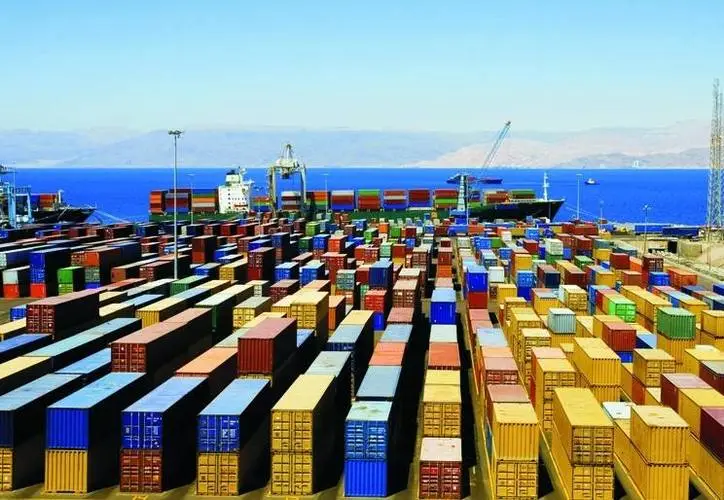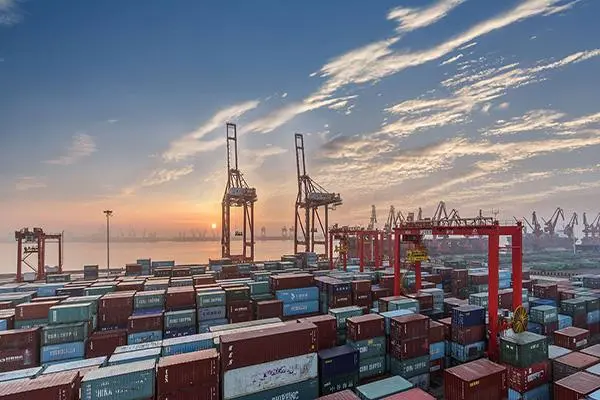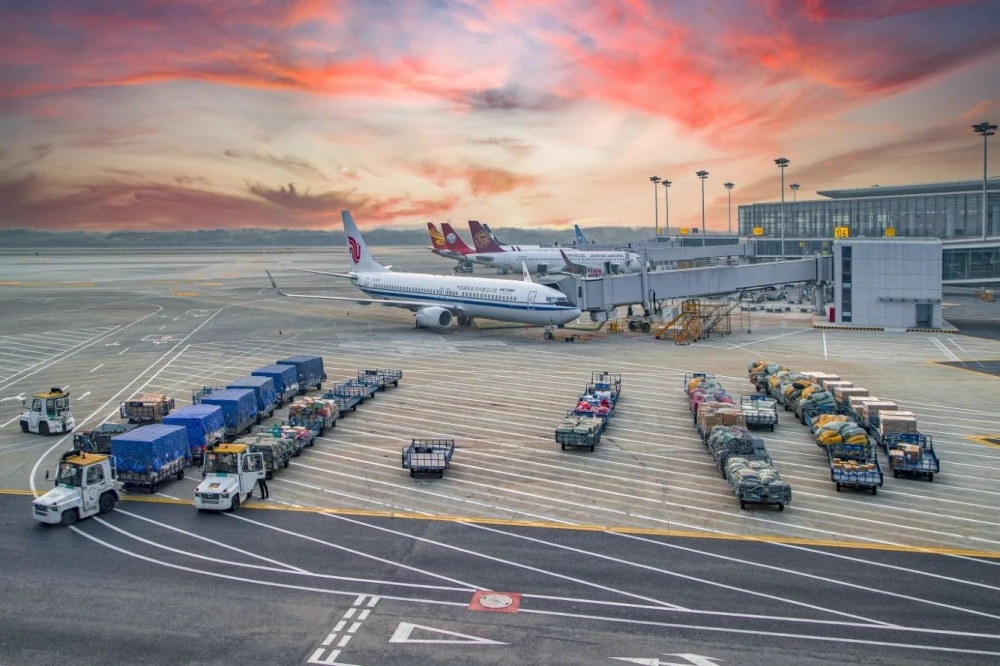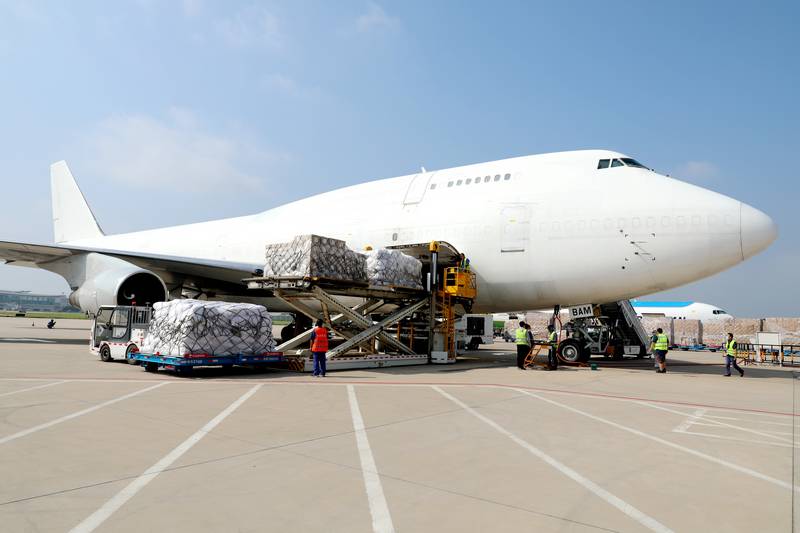How to deal with possible transportation delays in freight services?
Strategies for handling delays in maritime transportation
1. Advance planning: In freight shipping services, advance planning is the first step to avoid transportation delays. Freight shipping companies should have prior knowledge of the route and port situation, assess potential issues that may arise, and take appropriate measures to ensure that the goods can be delivered to their destination on time.
2. Route selection and diversification: Choosing reliable routes is the key to reducing transportation delays. Cargo shipping companies can collaborate with multiple shipping companies to choose routes with stable capacity and lower transportation risks, thereby reducing problems caused by transportation delays.

3. Real time monitoring and information communication: By introducing advanced cargo tracking systems, cargo shipping companies can monitor the location and transportation status of goods in real time. When potential delays are discovered, communicate with customers in a timely manner and provide detailed explanations and possible solutions to alleviate their concerns.
4. Backup plans and resources: In the cargo transportation plan, freight shipping companies can develop backup plans to cope with possible delays. At the same time, prepare backup capacity and resources to ensure timely adjustment and handling in the event of delays.
5. Cooperation with ports: Establish close cooperative relationships with relevant parties such as ports and customs to obtain information on port operations and customs clearance. This helps freight shipping companies better cope with potential port delays and take early measures to avoid the escalation of the problem.

Strategies for Handling Delays in Air Transport
1. Flexible flight selection: For goods with high timeliness requirements, freight shipping companies can flexibly choose different flights. Sometimes shorter flights may be more stable and can reduce the risk of transportation delays.
2. Reserve sufficient time: In the delivery plan of goods, reserving sufficient time in advance is an effective means to prevent transportation delays. This helps to deal with some unforeseeable situations and ensure that the goods arrive safely at the destination within the time limit.

3. Communication with airlines: Maintaining close communication with airlines is an important step in dealing with air transportation delays. Freight shipping companies can keep abreast of flights, obtain the latest transportation information, and adjust plans in advance to accommodate possible delays.
4. Preventive inspection and maintenance: Conducting preventive inspection and maintenance before loading goods is a key step in preventing transportation delays. Ensure that the packaging of the goods is intact and the labels are clear, reducing delays caused by goods issues.
5. Emergency delivery service: For goods with transportation delays, cargo shipping companies can provide emergency delivery service. By collaborating with logistics companies, we can quickly transport goods from the destination airport to the final destination to minimize the impact of delays.

Comprehensive response strategy
Whether by sea or air, transportation delays can be inevitable. By adopting strategies such as advance planning, flexible route selection, real-time monitoring, and information communication, cargo shipping companies can effectively reduce the risk of transportation delays and quickly take response measures when delays occur, ensuring that goods can arrive safely at their destination as soon as possible.




